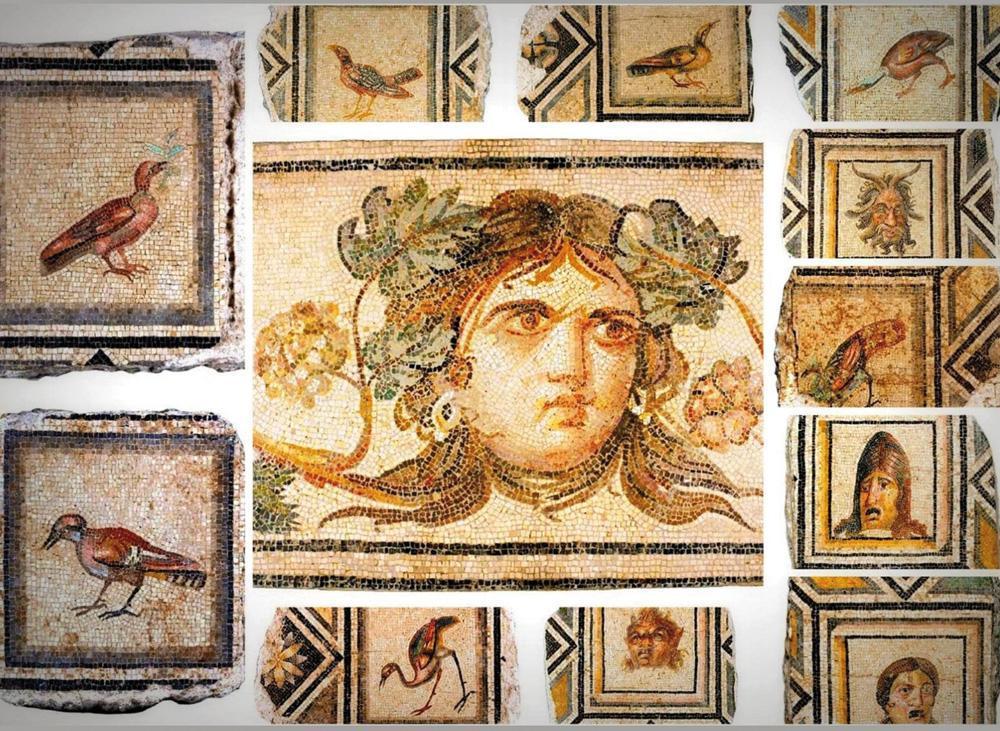
Turkey is demanding that the 12 Zeugma mosaics, dating back to the 2nd century A.D. and is being exhibited at the Wolfe Art Center in the U.S., should be returned to Turkey. Turkish authorities have asked for help from the Federal Bureau of Investigation (FBI) for their repatriation.
But the FBI has informed them that the case falls under private law, noting that they can be referred to if authorities had sufficient evidence that could serve as a basis for criminal investigation.
A research commission in the Turkish parliament, established for the return and preservation of cultural assets, is overlooking the case, updating developments regarding the mosaics and compiling all of them in a draft report.
Their report says Turkey initiated works when a faculty member at the Bowling Green University revealed the possibility that the 12 mosaic panels exhibited at the Wolfe Art Center for 47 years might have been stolen from the ancient city of Zeugma in the southeastern province of Gaziantep. Two academics later wrote a report on the origins of the mosaics.
Both reports confirmed the mosaics belonged to the same cultural layer as the famous Gypsy Girl mosaic of Zeugma, prompting the Turkish government to contact the FBI and museum officials. They demanded the U.S. to “launch an initiative for the return of the mosaics within the framework of mutual goodwill.”
The case, however, can only be intervened by the FBI if authorities provide evidence supporting their claims that the mosaics were smuggled illegally.
Officials at Bowling Green University have asked Turkey to issue a report on when and how the mosaics were found in Turkey and when and how they were smuggled out of the country.
During meetings and correspondences with the administration of Bowling Green University in 2012 and 2013, it was discussed that the mosaics should be given entirely to Turkey, and if an agreement is reached, the return should be done in the shortest time possible. They also discussed that if necessary, the issue would be made public. During the meetings, the Turkish side had said they would take legal action if their demands were not met.
In a scientific report submitted to the administration of the university, the Turkish Culture Ministry itemized evidence that the mosaics were from Turkey. It said that between 1955 and 1965 a large number of illegal excavations were carried out in the ancient city and that it received sufficient information that the artifacts found had been sold to foreigners.
The university’s administration, however, insisted that the report was not enough and it should be submitted with documents proving the mosaics were smuggled abroad illegally.
Turkey has in response sought alternative methods to bring back the mosaics, carrying out more research related to the evidence. Authorities aim to create public pressure on the university with the help of domestic and international press.
An online petition was launched by the Aktüel Archeology magazine titled “Return the mosaics smuggled from Zeugma to America” on the change.org website.
The campaign gained 44,139 signatures by Nov. 24. The ministry believes the campaign will put pressure on Bowling Green University to send the mosaics back to their home.